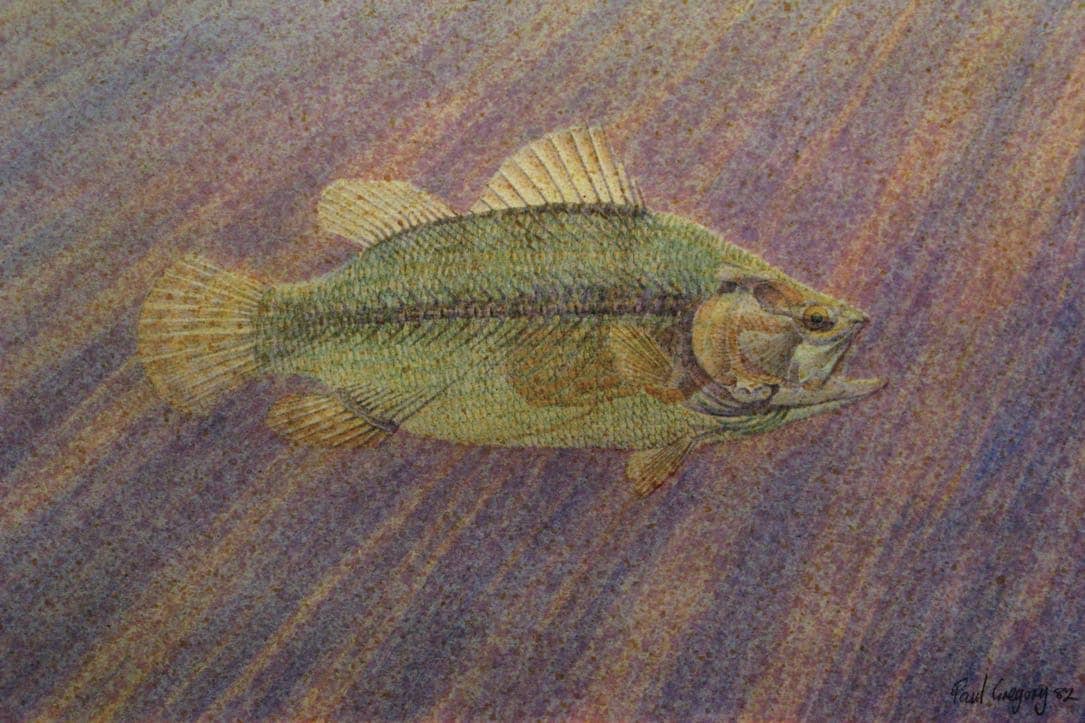
How often have you read or heard someone say something like “That’s not possible, it couldn’t have happened like that”? That person may think it’s a clever rebuttal which stops debate in its tracks and gives them the rhetorical victory, but it’s a fallacy in informal logic known as the argument from personal incredulity.
Humans have a need for certainty – we have a psychological preference against doubt – which is why this fallacy has a particular allure. To understand what’s going on when someone has committed this fallacy, we can unpack its unstated logic:
1. I can’t imagine how this thing could be true
2. But if this thing is true then I should be able to imagine how it’s true
3. Therefore this thing is not true
Once the premises of the argument, 1 and 2, are laid bare, its flaw is exposed. The premise that ‘If this thing is true then I should be able to imagine how it’s true’ is evidently false, or at least, is not necessarily true.
Diese Geschichte stammt aus der February/March 2021-Ausgabe von Philosophy Now.
Starten Sie Ihre 7-tägige kostenlose Testversion von Magzter GOLD, um auf Tausende kuratierte Premium-Storys sowie über 8.000 Zeitschriften und Zeitungen zuzugreifen.
Bereits Abonnent ? Anmelden
Diese Geschichte stammt aus der February/March 2021-Ausgabe von Philosophy Now.
Starten Sie Ihre 7-tägige kostenlose Testversion von Magzter GOLD, um auf Tausende kuratierte Premium-Storys sowie über 8.000 Zeitschriften und Zeitungen zuzugreifen.
Bereits Abonnent? Anmelden

Metaphors & Creativity
Ignacio Gonzalez-Martinez has a flash of inspiration about the role metaphors play in creative thought.

Medieval Islam & the Nature of God
Musa Mumtaz meditates on two maverick medieval Muslim metaphysicians.

Robert Stern
talks with AmirAli Maleki about philosophy in general, and Kant and Hegel in particular.

Volney (1757-1820)
John P. Irish travels the path of a revolutionary mind.

IT'S A WONDERFUL LIFE
Becky Lee Meadows considers questions of guilt, innocence, and despair in this classic Christmas movie.

"I refute it thus"
Raymond Tallis kicks immaterialism into touch.

Cave Girl Principles
Larry Chan takes us back to the dawn of thought.

A God of Limited Power
Philip Goff grasps hold of the problem of evil and comes up with a novel solution.

A Critique of Pure Atheism
Andrew Likoudis questions the basis of some popular atheist arguments.

Exploring Atheism
Amrit Pathak gives us a run-down of the foundations of modern atheism.